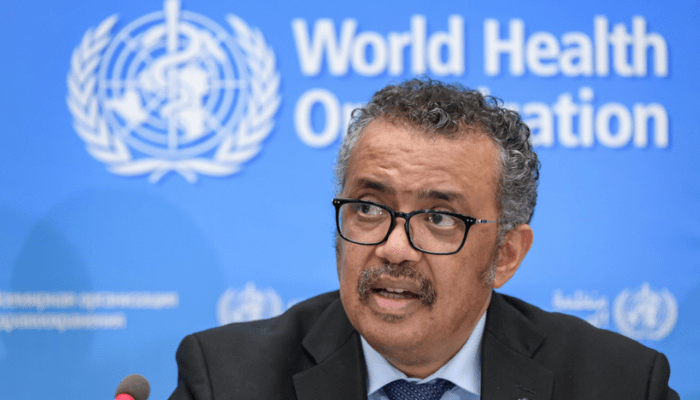
WHO-DG, Dr Tedros Adhanom Ghebreyesus
ABUJA, Nigeria – A new joint report by the World Health Organisation, the Government of Brazil and the Brazilian Ministry of Health warns that climate change is already fuelling a global health emergency, killing more than 540,000 people annually through extreme heat and threatening one in 12 hospitals with climate-related shutdowns.
Released on Friday, the “COP30 Special Report on Health and Climate Change” accompanies the Belém Health Action Plan unveiled during Health Day at COP30. It concludes that the world is now experiencing life-threatening health impacts as temperatures climb beyond 1.5°C above pre-industrial levels. Up to 3.6 billion people are living in highly climate-vulnerable areas, and hospitals now face a 41 per cent higher risk of damage from extreme weather than in 1990.
WHO Director-General Dr Tedros Adhanom Ghebreyesus warns that “the climate crisis is a health crisis—here and now,” stressing that urgent investment is needed to protect communities and health systems. The report cautions that without rapid decarbonisation, the number of health facilities at risk could double by mid-century.
The health sector itself contributes around 5 per cent of global emissions, prompting fresh calls for low-carbon, climate-resilient systems. Yet major gaps remain only 54 per cent of national adaptation plans assess risks to health facilities, and fewer than 1 per cent include people with disabilities.
Professor Nick Watts, Chair of the Expert Advisory Group, argues that allocating just 7 per cent of global adaptation finance to health could safeguard billions of people.
The report tracks progress, including a doubling of national multi-hazard early warning systems since 2015. But it warns that Least Developed Countries and Small Island States remain dangerously exposed.
A companion report by Brazil emphasises social participation and climate justice, calling for community-led adaptation that protects vulnerable populations. Together, the reports provide a roadmap for implementing the Belém Plan across surveillance, evidence-based policy and innovation in climate-resilient health systems.




